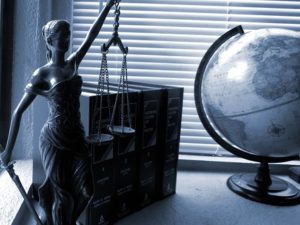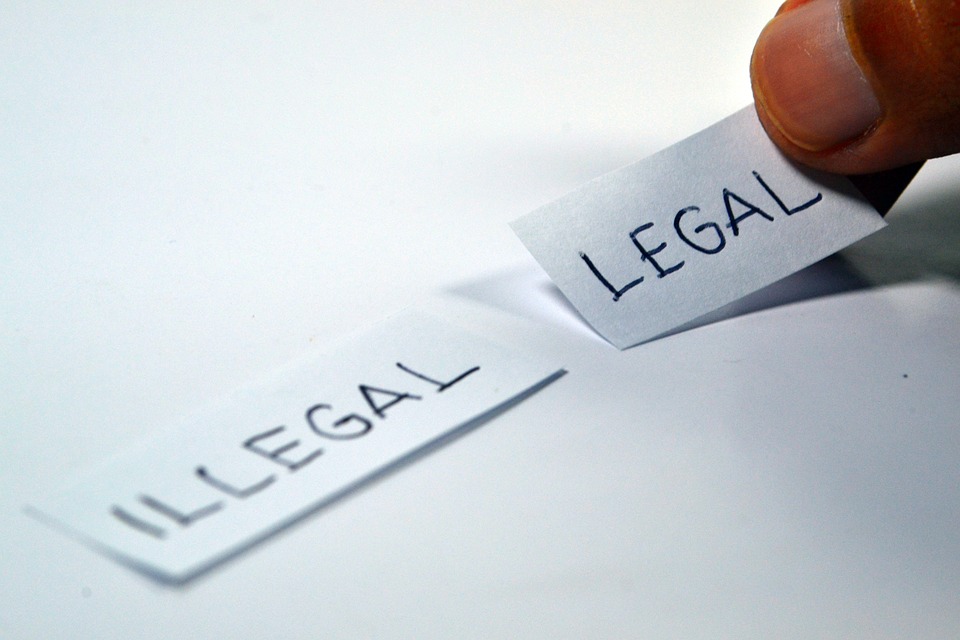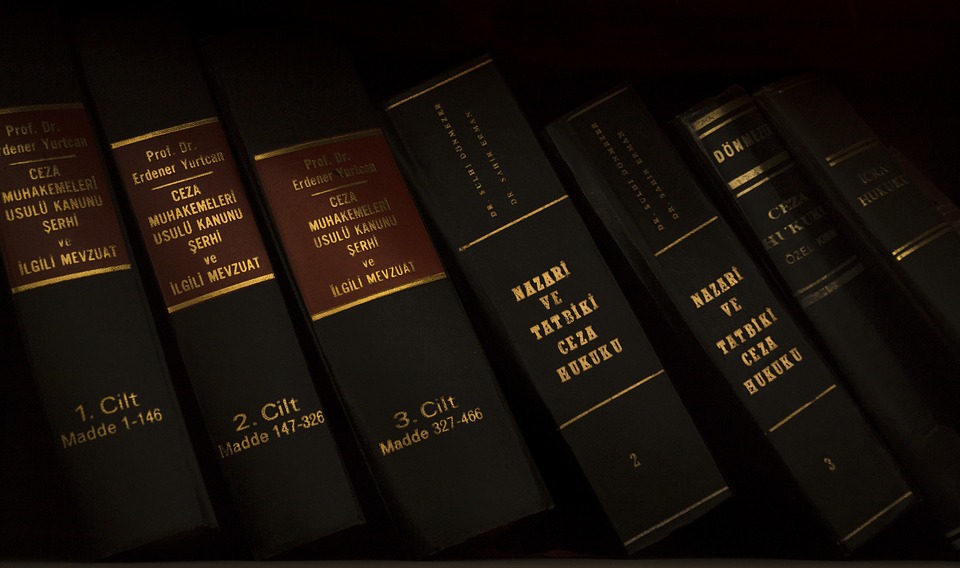Civil and criminal litigation has been characterized by rules and procedures that derail expeditious settlement of cases. The court process is governed by procedures that guide proceedings in court as well as the conduct of parties. These procedures and technicalities may be vital in establishing order, but cumulatively they will slow the attainment of an amicable solution in a timely manner. These rules and procedures are also important because courts are plagued with numerous cases from several litigants in a given jurisdiction, and therefore they are put in place to ensure everyone is given an opportunity to be heard.

Stucco lawsuits can be litigated through the court process, but most parties have opted to seek alternative dispute resolution mechanisms that do not have the procedures and technicalities described in the foregoing text. Arbitration and mediation are some of the ADR mechanisms that have been employed in claims based on stucco defects. Alternative dispute resolution methods are flexible because parties adopt rules that they seem to be fit in the adjudication of their matter. Presentation of evidence is also done in a manner agreeable to both parties in order to expedite settlement.
Impartiality
Generally, an arbitrator is an independent party that holds no affiliation to the either of the parties that may give rise to a conflict of interest. Also, it is required that the arbitrator is someone that does not have an interest in the subject matter. Conflict of interest is negated by hiring an independent individual that will be professional and impartial throughout the proceedings. Neutrality must always prevail, and therefore an arbitrator is required to recuse himself whenever he feels that his impartiality has been compromised.
Communication skills
 The arbitrator in a stucco lawsuit must exude the ability to listen and communicate effectively. Without communication then the arbitrator would not be able to stamp authority in the arbitration proceedings and thereby making it difficult for him to adjudicate effectively. Good communication will facilitate the communication between litigants in the pursuit of an amicable settlement.
The arbitrator in a stucco lawsuit must exude the ability to listen and communicate effectively. Without communication then the arbitrator would not be able to stamp authority in the arbitration proceedings and thereby making it difficult for him to adjudicate effectively. Good communication will facilitate the communication between litigants in the pursuit of an amicable settlement.
Competency
Arbitrators are officers of the court that are trained and skilled to litigate equitably and judiciously. Therefore you must establish that the arbitrator has acquired all the requisite academic qualifications and thereby licensed to practice in your jurisdiction. The arbitrator must also demonstrate that he is well versed with the applicable laws, arbitration rules and other dynamics of practice.…




 The plaintiff ought to ascertain that the actions by the defendant were so unreasonable that they caused the personal injury. Also, the injury must be suffered by the person claiming redress. The injury must be directly related to the actions of the defendant. For example, in an accident, the driver will only be liable for injuries incurred during the accident and nothing prior.
The plaintiff ought to ascertain that the actions by the defendant were so unreasonable that they caused the personal injury. Also, the injury must be suffered by the person claiming redress. The injury must be directly related to the actions of the defendant. For example, in an accident, the driver will only be liable for injuries incurred during the accident and nothing prior.